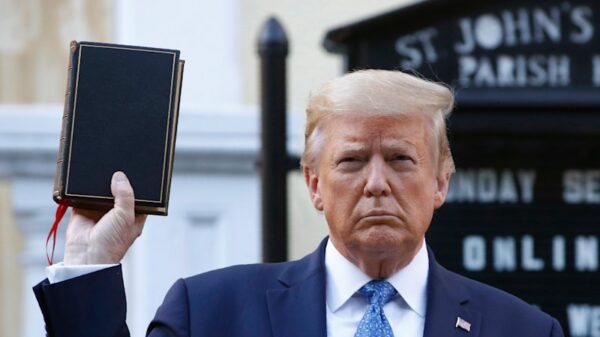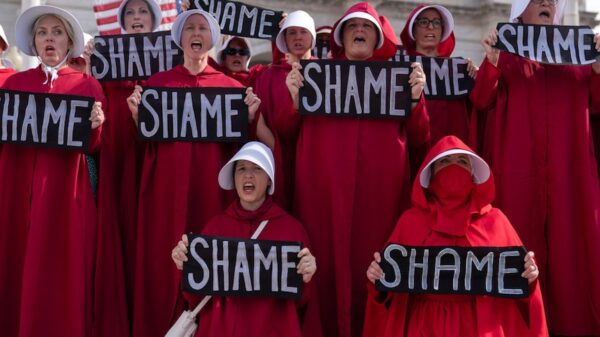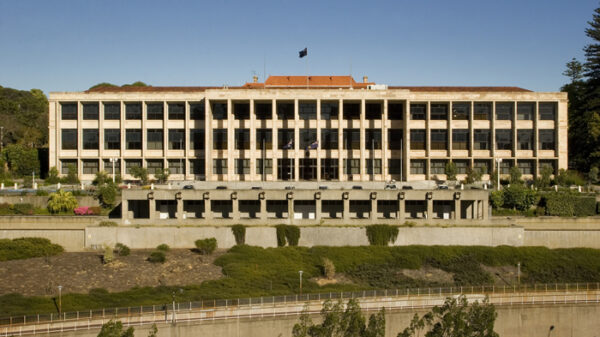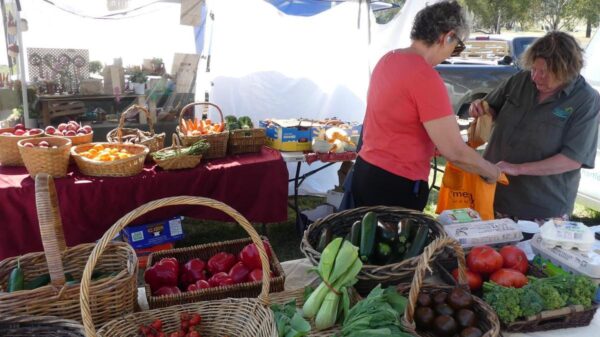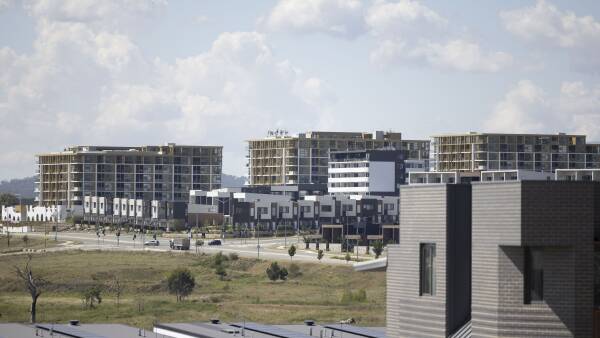The recent Tasmanian state election has left both the Liberal and Labor parties in a position where they may need to form a minority government. With results still pending from pre-poll and postal votes, the Liberals are projected to secure **14 seats**, Labor **10**, and the Greens **5**, mirroring last year’s outcomes. The race for the seventh seat in Bass remains undecided, potentially allowing the Liberals to increase their count to **15 seats** or Labor to reach **11**.
Concerns regarding how the Liberals can achieve a majority were raised by Labor leader **Dean Winter**, who emphasized the need for negotiations with a progressive crossbench. Election night speeches from both parties indicated that the responsibility to form a government would likely fall to Liberal leader **Jeremy Rockliff** if he can secure the support of three or four independents. If he is unable to do so, Winter has indicated that Labor would be prepared to take the lead.
Rockliff addressed supporters after the results, stating, “The people of Tasmania … have said they have no confidence in the Labor Party to form government.” He expressed intent to visit the governor to seek a recommission for his government, asserting that the electorate had reaffirmed their support for the Liberal Party.
Labor’s performance showed a **2.9% swing against them**, leading to a primary vote of **26.1%**, the lowest for the party in over a century. In contrast, the Liberals enjoyed a **3.3% positive swing**, achieving **40%** of the primary vote, bolstered by Rockliff’s rising popularity in Braddon.
Negotiations Ahead for a New Government
Despite the Liberals’ claimed victory, the presence of a progressive majority in parliament complicates the government formation process. Winter remarked on the dissatisfaction among Tasmanians with the current parliamentary dynamics and indicated an openness to negotiating with the crossbench to address these concerns. He stated, “It is uncertain as to how [the Liberals] will achieve a majority,” and emphasized that any negotiations would not compromise Labor’s policies or values.
Labor’s strategy represents a shift from the previous election, where former leader **Rebecca White** was more hesitant to engage with the crossbench. Winter’s remarks signal a readiness to explore alliances, particularly given the strong presence of independents and Greens, who have expressed willingness to engage in discussions. **Rosalie Woodruff**, leader of the Tasmanian Greens, noted, “Tasmanians have chosen the next parliament, this conversation needs to be had.”
The crossbench, which may include new independent MP **Peter George**, poses challenges for both major parties. Many members have voiced strong opposition to projects such as the proposed **Macquarie Point stadium** and have raised concerns about environmental issues, particularly regarding logging and salmon farming.
Future of Governance in Tasmania
George emphasized the need for mature dialogue between the major parties and the crossbench, stating, “If neither of the parties can speak to the crossbench, that is their problem, not the problem of the crossbench.” He pointed to the necessity for stable governance over partisan interests.
Federal influences on the new parliament were also notable, with **Bridget Archer** and **Gavin Pearce** successfully returning to state politics after losing their federal seats. Meanwhile, **Brian Mitchell** is poised to win a seat for Labor in Lyons, showcasing the interconnectedness of state and federal political landscapes.
As vote counting commenced on **March 16, 2024**, the situation remains fluid. Nine out of fifteen pre-poll sites were counted, leaving the potential for shifts in the seventh seat outcomes. In previous elections, the counting process has seen unexpected developments, keeping all parties on alert as they prepare for the next steps in government formation.
The evolving political landscape in Tasmania will require both major parties to navigate negotiations carefully, ensuring that they address the concerns of a diverse electorate while striving for effective governance.







